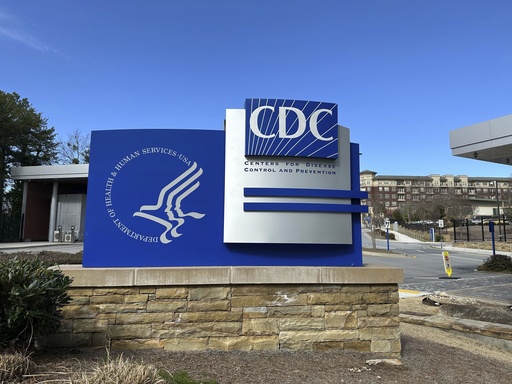
A scheduled meeting for the Advisory Committee on Immunization Practices (ACIP), which provides guidance on vaccine policies to the U.S. Centers for Disease Control and Prevention (CDC), has been postponed.
This gathering was set to take place in Atlanta from February 26 to 28, marking the first assembly since Robert F. Kennedy Jr. was appointed as the Health and Human Services (HHS) Secretary.
Andrew Nixon, the HHS director of communications, confirmed on Thursday that the meeting would no longer occur as planned. Additionally, the ACIP meetings website indicated the postponement. However, Nixon did not provide any information regarding a potential rescheduled date. Typically, ACIP convenes three times yearly, during the months of February, June, and October.
Kennedy had previously expressed criticism towards ACIP during his confirmation hearings, and the committee is currently included in a review of federal advisory panels per an executive order issued by former President Donald Trump.
At a recent welcoming event for HHS staff, Kennedy emphasized his intention to examine the immunization schedule that protects against measles, polio, and other serious illnesses.
ACIP plays a crucial role in advising the CDC director on the application of FDA-approved vaccines. This can involve recommendations on which populations should receive vaccinations and the appropriate timing for these immunizations. While ACIP’s recommendations are not mandatory, they are typically followed by agency directors.
The committee comprises a diverse group of members, including academics, a chief medical officer from a community health center, a senior official in public health from a state level, and a family medicine practice owner. One member, who requested to remain anonymous due to concerns of potential backlash, indicated that they learned of the meeting’s cancellation through media reports.
The agenda for the now-canceled meeting included important topics such as a new vaccine for meningitis, a vaccine targeting the mosquito-borne chikungunya virus, as well as vaccines for RSV and influenza.

